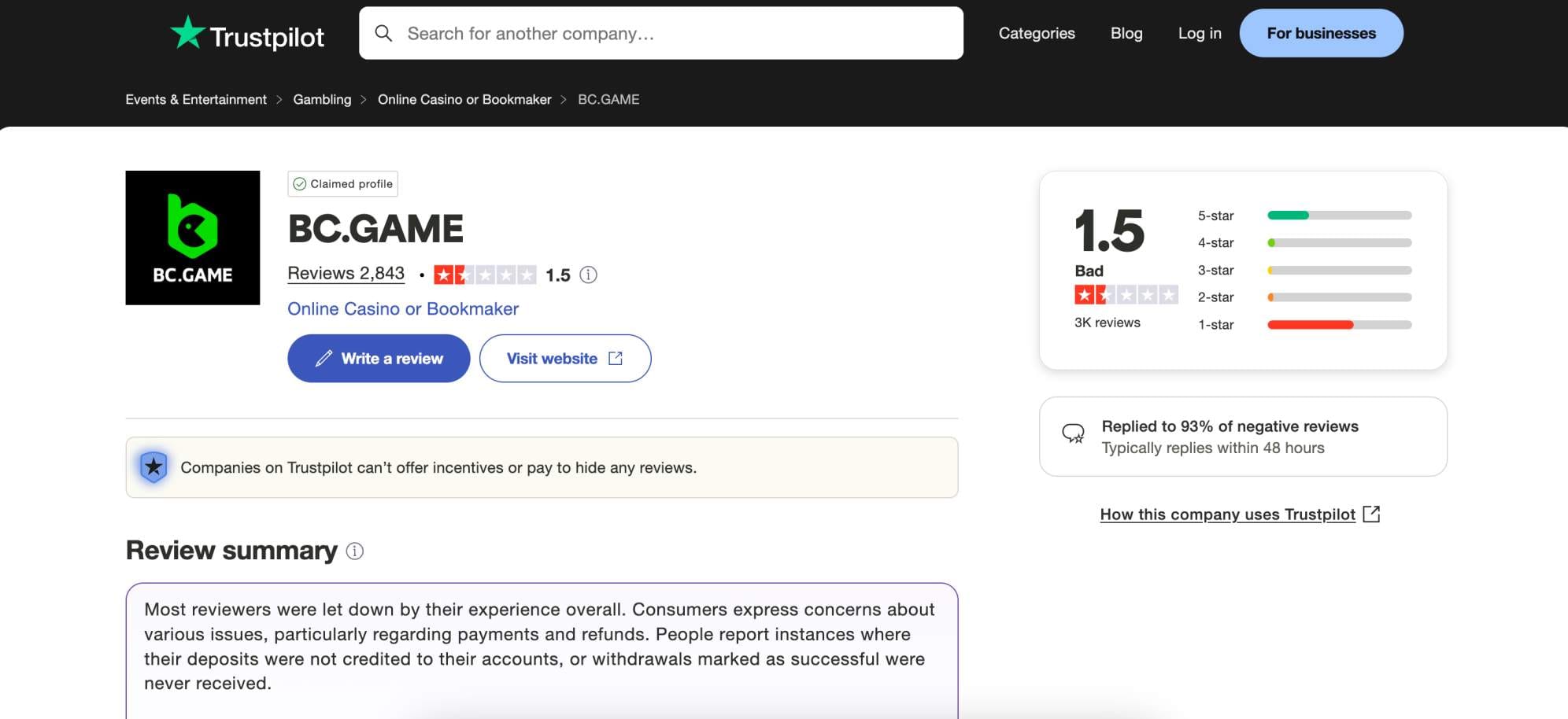Safety Tips When Choosing a Betting Site: A Complete Guide for Cautious Bettors
Not all betting sites are safe. Learn how to check for licensing, security, fair terms, and support—before you risk your money or personal data.

Online betting is more popular than ever, but with that growth comes a rise in shady sites and risky platforms.
While the thrill of placing a bet is real, so are the risks of fraud, unfair terms, and lost money if you choose the wrong site.
It’s not just about flashy design or tempting odds—what really matters is safety, proper licensing, secure payments, and clear policies.
Before you sign up or make a deposit, it’s worth taking a step back and making sure the site you’re trusting with your money is actually trustworthy.
Legitimacy: Licensing Is the First Gatekeeper
Every reputable betting site operates under a recognized gambling license.
This license isn't just a decorative badge; it’s proof that the platform adheres to strict regulations, undergoes regular audits, and meets basic fairness and operational standards.
Depending on your location, different licensing bodies may apply. In the UK, it’s the UK Gambling Commission. In Malta, it’s the MGA. In Curacao, there’s the Curacao eGaming license, which is less stringent but still popular.
It’s not enough for a site to simply claim it's licensed. Always scroll to the footer of the homepage and check the license number, then look it up on the regulator’s official website.
If a site isn’t licensed at all or has a suspicious-looking certification, that’s your cue to run—not walk—away.
Transparency: The Devil Is in the Details
Trustworthy betting platforms don’t hide behind vague terms and tiny print. Instead, they openly display key policies including terms and conditions, privacy policies, responsible gambling resources, and withdrawal procedures.
You should never have to go digging to find out how long a withdrawal takes or what the wagering requirements are for a bonus.
Make it a point to thoroughly read the site’s terms before creating an account. This might seem tedious, but it can save you from major headaches later.
Look especially for sections that explain how disputes are resolved, what personal information is collected, and under what conditions the platform can freeze your funds or close your account.
Payment Security: Depositing and Withdrawing Without Risk
A reliable betting site supports secure, recognized payment methods—think Visa, MasterCard, PayPal, Skrill, or bank transfers.
If a site pushes you to use obscure payment gateways or cryptocurrency only, take that as a red flag, especially if those methods offer no real recourse in case of fraud.
Also, check if the website uses HTTPS encryption, visible in the browser bar. This basic level of encryption ensures your data is transmitted securely and not left vulnerable to interception.

Sites that handle financial transactions but lack basic SSL protection are either woefully outdated or downright negligent—either way, not worth your time.
Reputable sites also clearly outline withdrawal limits and timelines.
A platform that makes it extremely difficult to get your money out—whether through excessive delays or unexplained fees—might be operating with questionable liquidity or bad faith.
Always test with small amounts first before depositing a large sum.
Customer Support: Responsiveness Speaks Volumes
One of the clearest indicators of a trustworthy betting site is how it treats its users when something goes wrong.
Can you reach someone quickly? Are there multiple ways to get in touch, like live chat, email, or even a phone number? Is the support available 24/7, especially if the site claims to serve an international user base?
A site that buries its customer service behind generic contact forms or automated responses probably doesn’t want to be held accountable.
On the other hand, professional platforms often provide prompt, knowledgeable responses.
Before committing, try contacting support with a simple question. The way they respond—or fail to—can tell you a lot about what to expect when the stakes are higher.
User Reviews: The Crowd Knows Best
In the age of digital transparency, ignoring user feedback is a mistake. Online forums, Reddit threads, and review sites offer firsthand accounts of other users’ experiences.
While some complaints are inevitable, especially in an industry where people often lose money, pay attention to patterns.

If multiple users report the same issue—like stalled withdrawals, account closures without explanation, or disappearing balances—it’s likely not a coincidence.
That said, always take reviews with a grain of salt. Some sites pay for fake positive reviews, while disgruntled users may exaggerate their claims. Cross-reference opinions and look for objective insights rather than purely emotional rants.
Fair Play and Responsible Gambling Tools
One often overlooked but vital feature of a trustworthy betting site is its approach to responsible gambling.
Any reputable operator acknowledges that betting can be addictive and takes steps to protect users. Look for features like deposit limits, self-exclusion tools, cooling-off periods, and links to external help organizations.
Sites that promote excessive gambling or trivialize losses are not looking out for your well-being.
In fact, they may profit more from reckless behavior, which is a major red flag. Safety isn’t just about fraud—it’s also about emotional and financial sustainability.
Fair play is equally important. Reliable platforms use certified Random Number Generators (RNGs) and undergo independent audits to ensure that the games aren't rigged.
Look for partnerships with known software providers like NetEnt, Microgaming, or Playtech, as these are usually a sign of fairness and legitimacy.
Site Design and Functionality: More Than Just Looks
While a sleek design isn’t a guarantee of safety, a clunky or outdated interface might signal that the site isn’t well maintained.
Frequent errors, broken links, and slow-loading pages can be signs of poor infrastructure or even a fake site created to impersonate a legitimate one.
Additionally, modern betting platforms are optimized for mobile use. If a site doesn’t perform well on your phone or tablet, it might not be keeping up with current industry standards.
A poorly maintained site isn’t just inconvenient—it’s vulnerable to bugs and security breaches.
Bonuses That Are Too Good to Be True
Everyone loves a good bonus, but be cautious. Scammers often lure users with outrageously generous promotions that come with impossible terms—like 100x wagering requirements or absurdly short deadlines to meet them.
Even legitimate sites use bonuses to attract new players, but the difference is in the fine print.
Always review the bonus terms before opting in. A bonus should enhance your experience, not trap you in a cycle of unattainable conditions. If a deal looks like free money, it probably isn’t.
Final Thoughts
At the end of the day, picking a safe betting site isn’t just about who’s offering the biggest bonus or the flashiest homepage.
It’s about protecting yourself—your money, your data, and your peace of mind. Things like proper licensing, clear terms, secure payments, and responsive support aren’t optional—they’re must-haves.
If you take the time to dig a little deeper before signing up, you’ll avoid a lot of the common traps that catch so many people off guard.
In the world of online gambling, the real risk should be the bet you place—not the site you’re placing it on.
